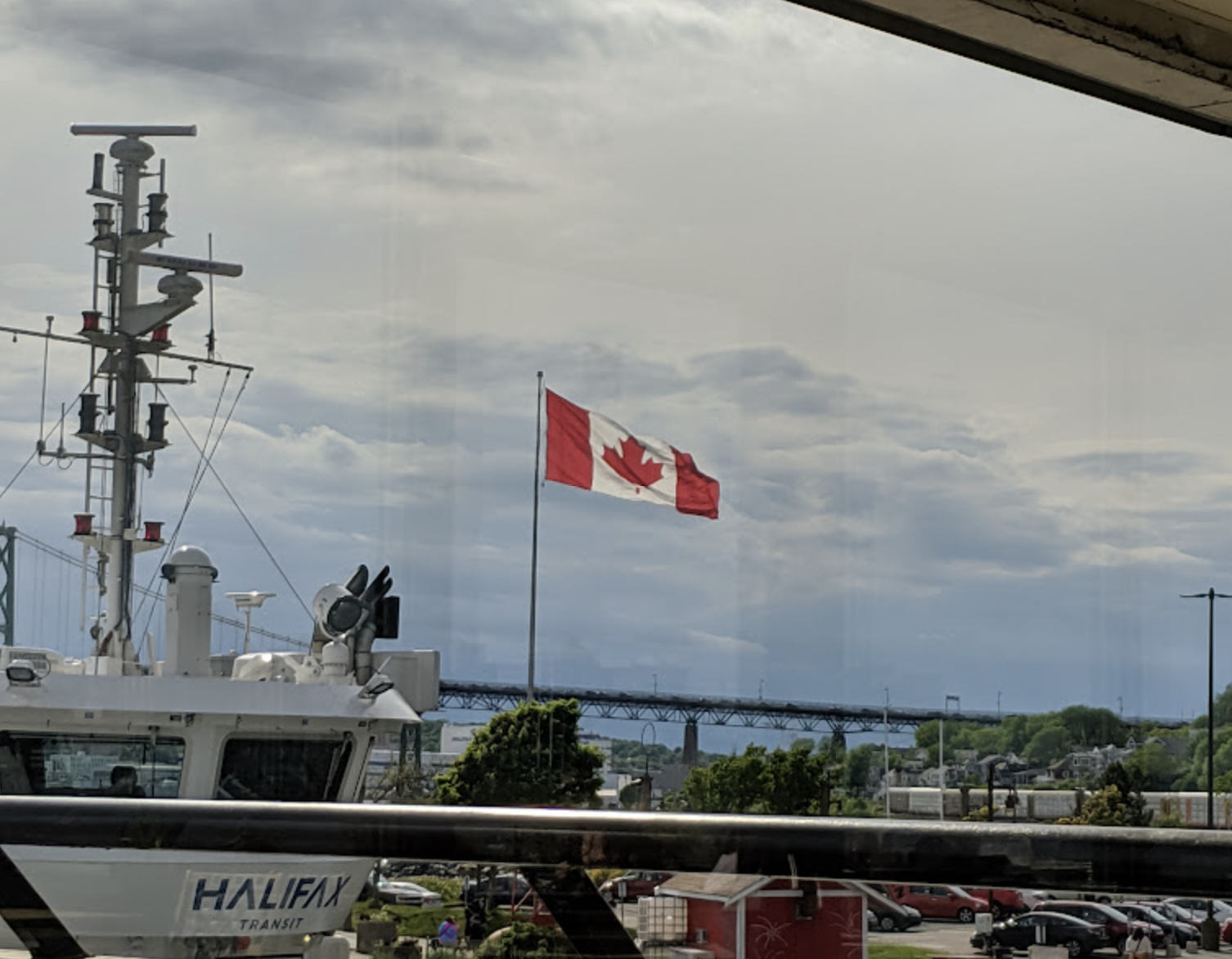POSTS
Can our scientists speak freely?
Balancing loyalty with speaking truth to power
A view of the Canadian flag, in Halifax, NS.
I recently read an article by Policy Options on how “Speaking truth to power [is] discouraged in public service”. As public servants, stemming from the Public Service Values and Ethics Code, we have an solemn obligation to provide “fearless advice, and loyal implementation”, and a duty of loyalty to our Government.
However, when science and security studies are concerned, personnel are put into tough situations balancing speaking the truth to power and maintaining their loyalty to their employer. The former Science Minister in 2018 even spoke out about the importance of allowing experts to speak freely. This issue has also long been present, with related public sector activism dating back prior to the 2000s. Interestingly, there is case law to guide us in this area of policy uncertainty.
The Fraser Case and Exceptionalities
The Fraser Case is most probably the leading case on this issue, and it outlines a few areas where an exception to the Duty of Loyalty may be present:
Three situations in which the balancing of these interests is likely to result in an exception being made to the duty of loyalty are where:
the Government is “engaged in illegal acts”;
Government policies jeopardize “the life, health or safety of the public servant or others”; or
the public servant’s criticism “has no impact on his or her ability to perform effectively the duties of a public servant or on the public perception of that ability”.
For further reading, see: Principles, qualifications and factors in Fraser.
Specifically for scientists and security personnel, subsections 1 and 2 stand out to potentially protect individuals who work to speak out to protect health and safety as public servants and to protect those who speak out against potentially unlawful actions.
Subsection 3 outlines how the criticism must ensure no impact on the ability to perform the duties of a public servant or perception of the ability to perform those duties. For many subject matter experts (SMEs) who aim to give constructive, responsible criticism in accordance with their profession, criticism of policy may be permitted so as to develop new policy, further the field or sector and improve perceived work ability.
Fraser guidelines provide key rules for public servants who engage in discourse that may potentially appear against established Government protocol. As we move forward to harness new technological and scientific breakthroughs, Government scientists and practitioners should have the ability to speak freely about their research in a responsible, diplomatic manner in order to drive innovation and achieve scientific goals.
It’s evident that the Government has room for improvement to ensure scientists can speak more openly about their work, and to ensure the Minister’s vision of a barrier-free Canada for scientists and researchers is realized. Additionally, this becomes an imperative as the Public Service grows diversity and inclusion initatives, in order to ensure that new scientists are listened to particularly when they may have dissenting evidence-based opinions.
This has become a sore point for many scientists and practitioners in Canada, and I hope the Government works harder to ensure that our scientists and researchers have the rights and privileges they are entitled to through their professions.
Disclaimer: The opinions expressed on this blog are purely my own and do not necessarily represent the opinions of any organization.
